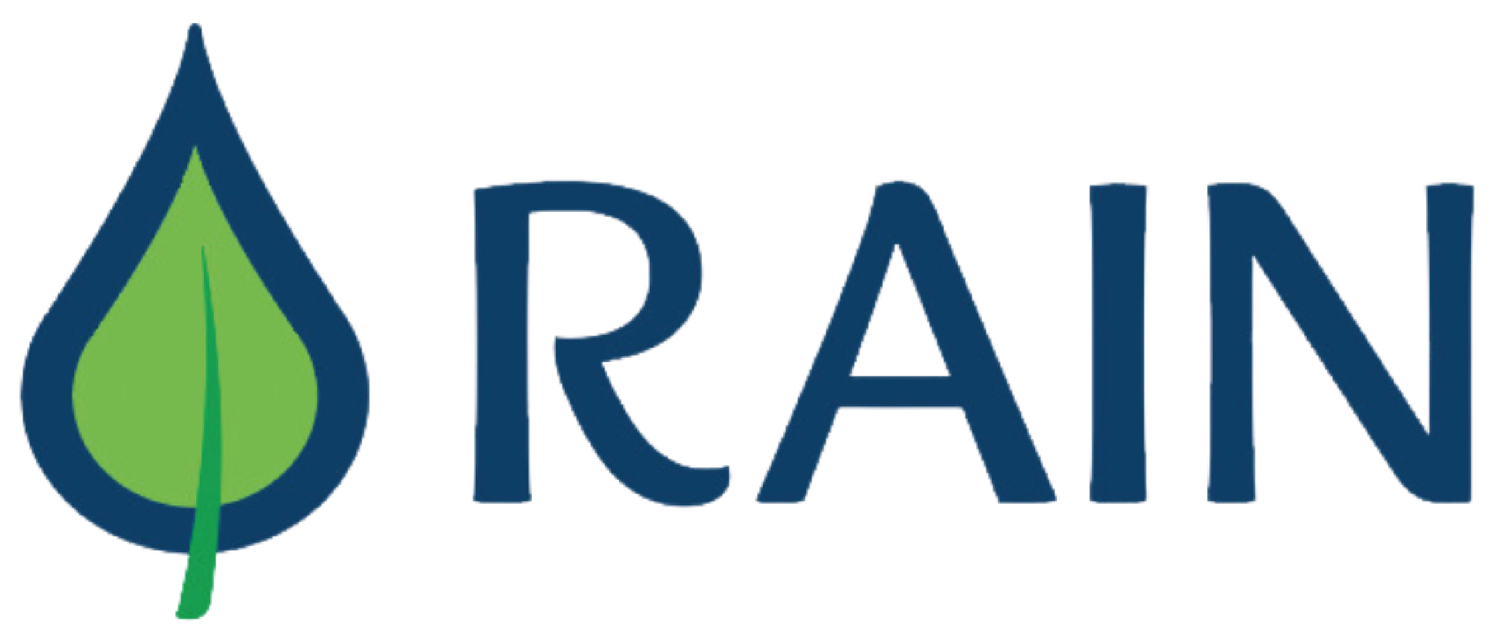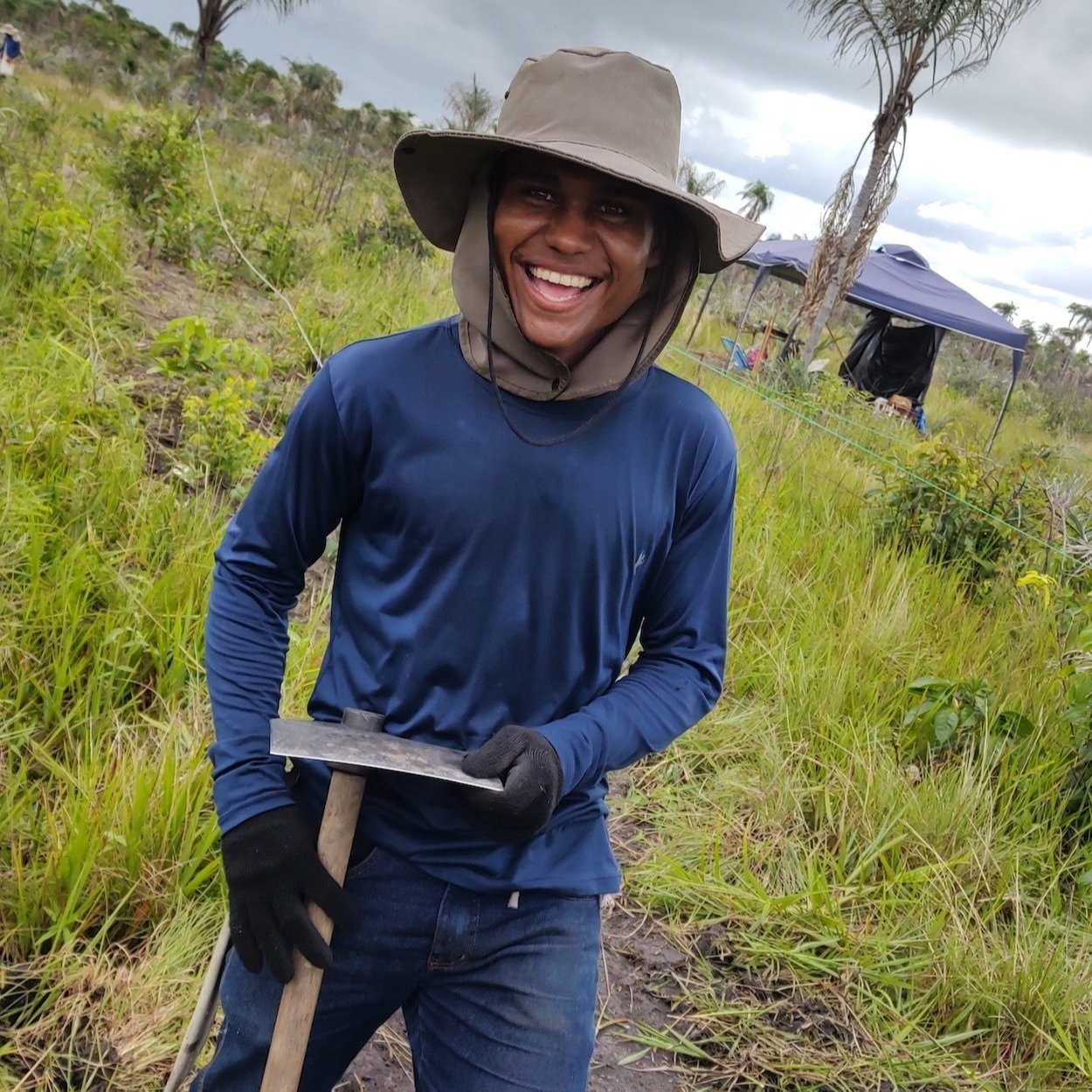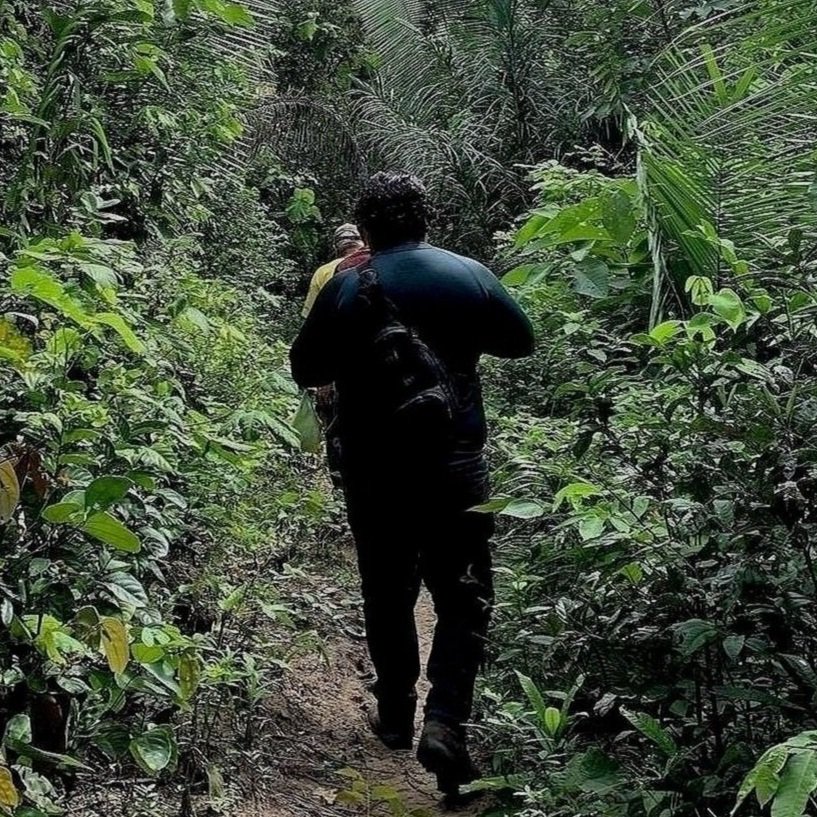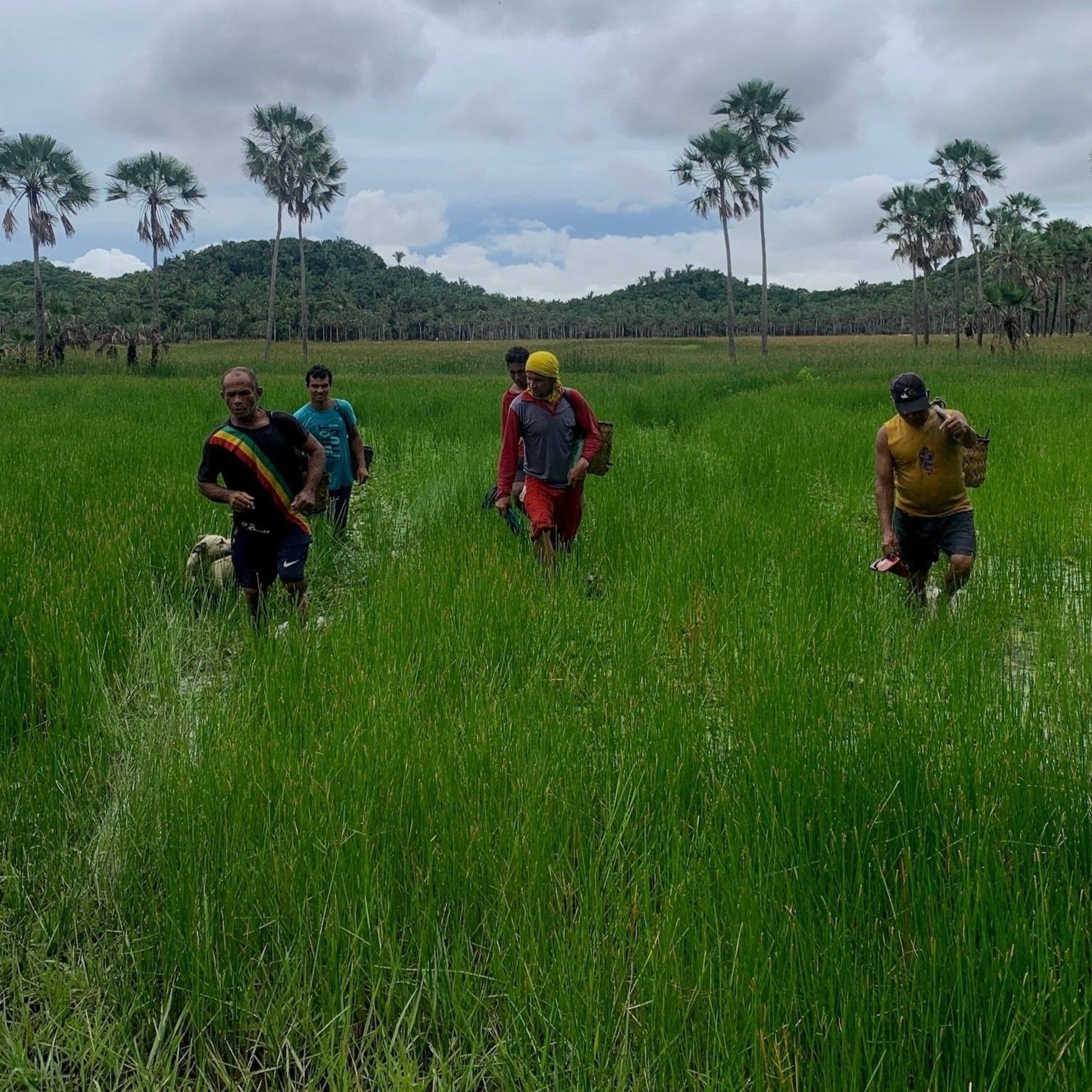MARANHÃO: CONNECTING MANGROVES AND THE AMAZON
Project:
Maranhão: Connecting Mangroves in the Amazon
The history of Alcântara in Maranhão
Support the connection between threatened ecosystems and the stories of hundreds of Quilombola communities
The history of Alcântara in Maranhão is as ancient as the very roots of Brazil. Around 1612, indigenous people of Tupinambá and Tapuia ethnicities inhabited the coastal and rural areas of Alcântara. The 16th and 17th centuries saw colonization by the French, later challenged by the Portuguese. These lands were then granted to the Carmelite Order, who used enslaved labor for agricultural production for nearly two centuries.
With the end of the slavery period, these lands were abandoned, passing into the hands of those who built the place - now free. Today, Alcântara is known for having the highest number of Quilombola communities in Brazil, with over 3,300 families, comprising around 22,000 people.
In 1982, the construction of the Alcântara Rocket Launch Center (CLA) forcibly displaced 312 Quilombola families from areas they called "home." After nearly three centuries of treading, planting and living in those areas, local people were "transferred" without prior notice to seven Agrovillages.
This loss of traditional space resulted in food insecurity and significant social and environmental impacts.
Unfortunately, today several black traditional communities are facing constant pressure from deforestation, which jeopardizes the ecosystems and the livelihoods of thousands.
From the coast's mud to the Amazonian soil, the locals depend on subsistence agriculture, fishing and crab extraction. As degradation intensifies, their sources of survival become increasingly scarce.
Drivers of deforestation
Project Goals
With your support, we aim to:
Restore an initial 55+ hectares of degraded land
Empower and employ 40 people as seed collectors, planters and local leaders
Plant Over 1 million trees, covering both ecosystems
Establish a Value Chain in Quilombola communities and engage stakeholders Across the State
Improved biodiversity: restoring critically important mangrove areas for crabs, manatees and other local fauna species
Mangroves in northeastern Brazil sequester up to 4 times more carbon than any other biome, including the Amazon rainforest.
Maranhão is the state with the highest poverty rate in Brazil and Quilombola communities are living with limited access to essential services like healthcare and education. We have the opportunity to work against these challenges!
Why Restore Maranhão's Ecosystems?
Scientists estimate that about three-quarters (between 70% and 80%) of commercially valuable marine species rely on mangroves at some stage of their development.
The Brazilian Northeast harbors the largest continuous stretch of mangrove forest in the world.
Amazon restoration is crucial for mitigating climate change, as the Amazon rainforest plays a significant role in absorbing carbon dioxide from the atmosphere, helping to stabilize global climate patterns and reduce greenhouse gas emissions.
Impact: Most people in this region depend on fishing for their livelihood. Therefore, in addition to the initial direct impact of employing the local population, we will also be working for the future of these communities.
Restoring the area in Maranhão creates a vital link between the mangroves and the Legal Amazon, contributing to the preservation and health of the Amazon rainforest, which is often referred to as the "lungs of the Earth".
Project Impact:
Maranhão has a rich and culturally significant history for Brazil. As the reggae capital of the country and home to countless traditions - it's in these communities that we discover the art of appreciating the profound significance of every crab within the mangroves, every shadow in the depths of the Legal Amazon forests. Most importantly, it is through their extraordinary sensitivity and courage that we gain a deeper insight into the essence of life within this world known as Alcântara.
By supporting this project, you're not just planting trees; you're creating a lasting connection between 2,000 hectares of mangroves and Legal Amazon areas.
Support our mission
Your contribution can create a profound impact on Maranhão's ecosystems and traditional black communities.










